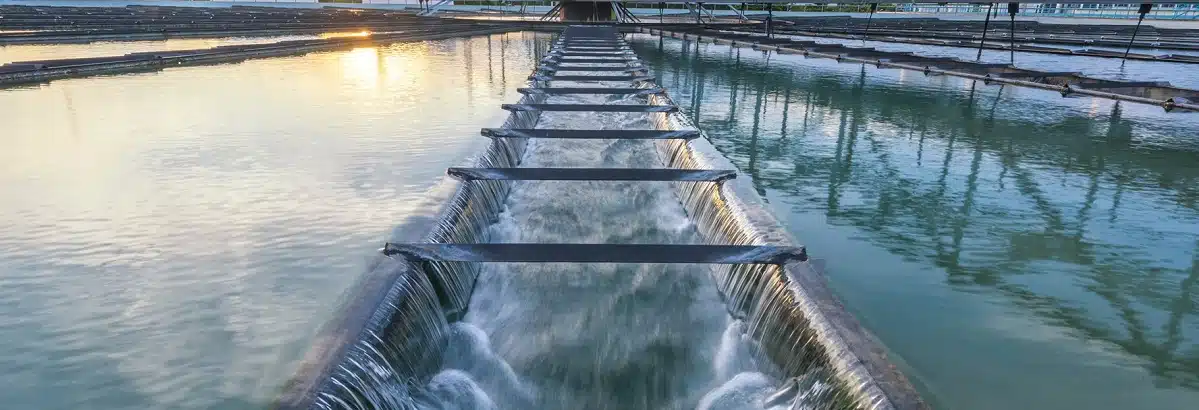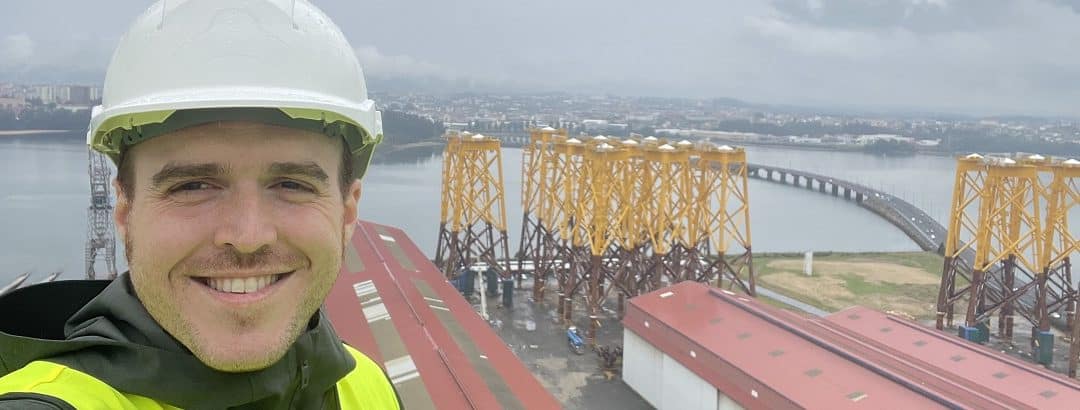27/06/2025
Water is a strategic and essential asset on a global scale, fundamentally in the domestic, urban and agricultural environments. But apart from being an essential and invaluable resource, water also plays a fundamental role in industry, where it’s used in the production and cooling of areas or machines and in cleaning and energy generation tasks.
Water use and responsible water management in industrial environments are not only strategic decisions made to improve the efficiency of a productive activity – they are also part of a shared commitment to reduce the environmental impact of intensive water use, guided by a strict regulatory framework.
Alberto del Villar García, a professor in the Department of Economy and Business Management and director of the Master’s degree in Hydrology and Water Resource Management at the University of Alcalá, highlights the efforts that many industries are making in this area, especially in waste management. “That’s where companies are putting the most emphasis. It’s almost decentralized management, because they have made great efforts to ensure discharges are made in the most suitable conditions,” he asserted.
Circular economy and sustainability
Using water sustainably, favoring the circular economy and sustainability, is one of the major objectives of the industrial sector. So much so that, in the last 30 years, companies have ceased to be the largest polluters. “There are some gaps, but they’ve leveraged their own resources to reuse and regenerate their own previously used water, mainly because of the impact it has on economic profitability, in that reducing their dependence on resources boosts their income statements and thus makes a quality input,” explains Del Villar. In some industries, large investments have been made that, in addition to saving costs, have resulted in better quality than the supply system offers. Also aware of the need to minimize its impact on the environment, they’ve implemented strategies that don’t compromise their production: “Almost any industry that relies on water strives for zero water discharge: everything that can be reused is reused, and when it does discharge into the sewer system, the wastewater is in quite optimal conditions, and is of better quality than the water entering the average households, with a low polluting load, thanks to removal techniques for nitrogen, heavy metals or chemicals.
In addition to protecting the environment and its bank balance, these strategies assist in safeguarding a company’s reputation: “Thirty or 40 years ago, companies that were emptying large volumes of wastewater into the public system were largely ignored. Today, it’s headline news, and directly impacts on their image and marketing campaigns. That kind of negative publicity can severely damage corporate reputation so companies large and small now go to great efforts to ensure waste of all types is disposed of correctly,” adds the expert.
Regulations for protecting the environment
To minimize pollution and discharge of these waters, the European Union has ratified several regulations in recent decades, from the Urban Waste Water Treatment Directive of the 1990s to the Water Framework Directive (WFD) of 2000. “Other EU regulations are now here: issues relating to nitrates, emerging pollution, etc. All of this has been transposed into Spanish regulation, and applies to all of Europe,” explains Del Villar.
European regulations are very extensive and include parameters ranging from emission limits to discharge quality, giving rise to significant environmental improvements compared to decades ago. To do so, they have had to face new problems such as emerging pollutants. “Certain substances can be harmful when they are introduced into the food chain and our bodies and this is the next step we are taking,” he says.
Recycling systems
Waste treatment is part of the circular economy, which Del Villar explains with a practical case. “When my grandfather broke a hose, he wouldn’t throw it away, he’d repair it. Nowadays, increasing numbers of people do the same thing, reusing what was once considered waste for another purpose. One person’s trash is another person’s treasure.” Household discharges usually carry nitrogen and phosphorus that are used in agriculture, and wastewater can be extracted to water crops.
Another of the most important techniques is desalination. “In desalinated waters, the cost of producing fresh water is around one euro. But if we look at the water that is sent back to the sea, all the salts contain products worth almost 10 euros. In other words, what we’re throwing away is worth more than what we’re reusing. If we could take advantage of everything we throw away, new possibilities would open up for the people of the world,” says Professor Del Villar.
New technologies
To optimize water management, interesting lines of innovation and study have now been opened. “Membrane technologies are part of desalination, and experiments are being carried out to go beyond membranes, with still very incipient technologies that have lower energy consumption requirements,” says Del Villar. Technologies are currently being used in chemical processes to regenerate and clean wastewater more quickly, while biotech is improving treatment and processing systems and special bacteria are being explored in the area of degradation of contamination in purifiers. And each situation requires a different technique. “To clean up the waters of a city like Madrid, I wouldn’t consider using technologies based on extensive energy-efficient systems. But for a small municipality with few inhabitants, this is the most appropriate way to go about it. Installing a large purifier would cause more problems. It’s more important to look at the adequacy of a system than the efficiency.”
In recent decades, the sector has made very significant progress. “Fifty years ago, no one imagined that wastewater could be reused safely, and now there are regions like Murcia where 99 percent of wastewater is being regenerated and reused. Desalinization was implemented 50 years ago in Spain to ensure adequate drinking water supplies in places like Fuerteventura, which had no virtually water, and now that same strategy is solving many problems.” Professor Del Villar is optimistic and enthusiastic about future developments in this most vital of areas.
Article Collaborators:
Alberto del Villar García is a professor in the Department of Economy and Business Management and director of the Master’s in Hydrology and Water Resources Management at the University of Alcalá. His research activity focuses on analyzing the price, cost, tools for economic analysis, taxation and funding of water services, which have led to him participating in numerous research projects and contracts, both as a collaborator and principal researcher. He has taken part in numerous conferences and has contributed to a number of significant scientific and technical publications. Since 2002, he has acted as an expert in several water analysis groups and in the hydrological planning process derived from the implementation of the EU Water Framework Directive in Spain.






